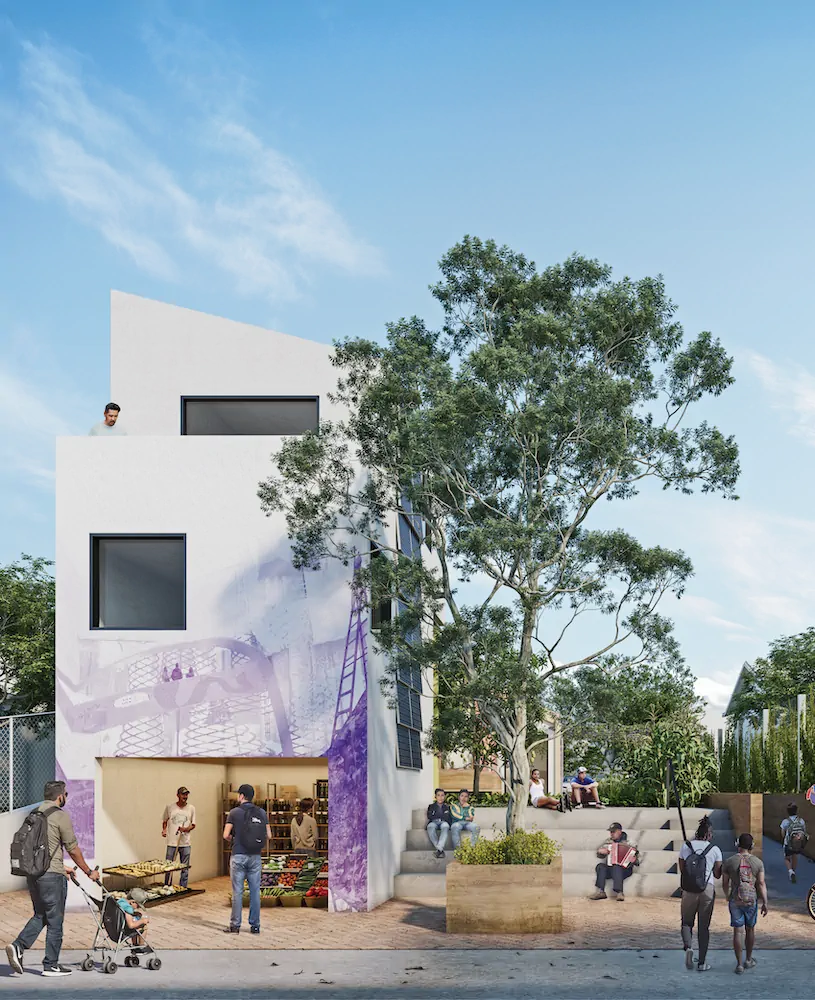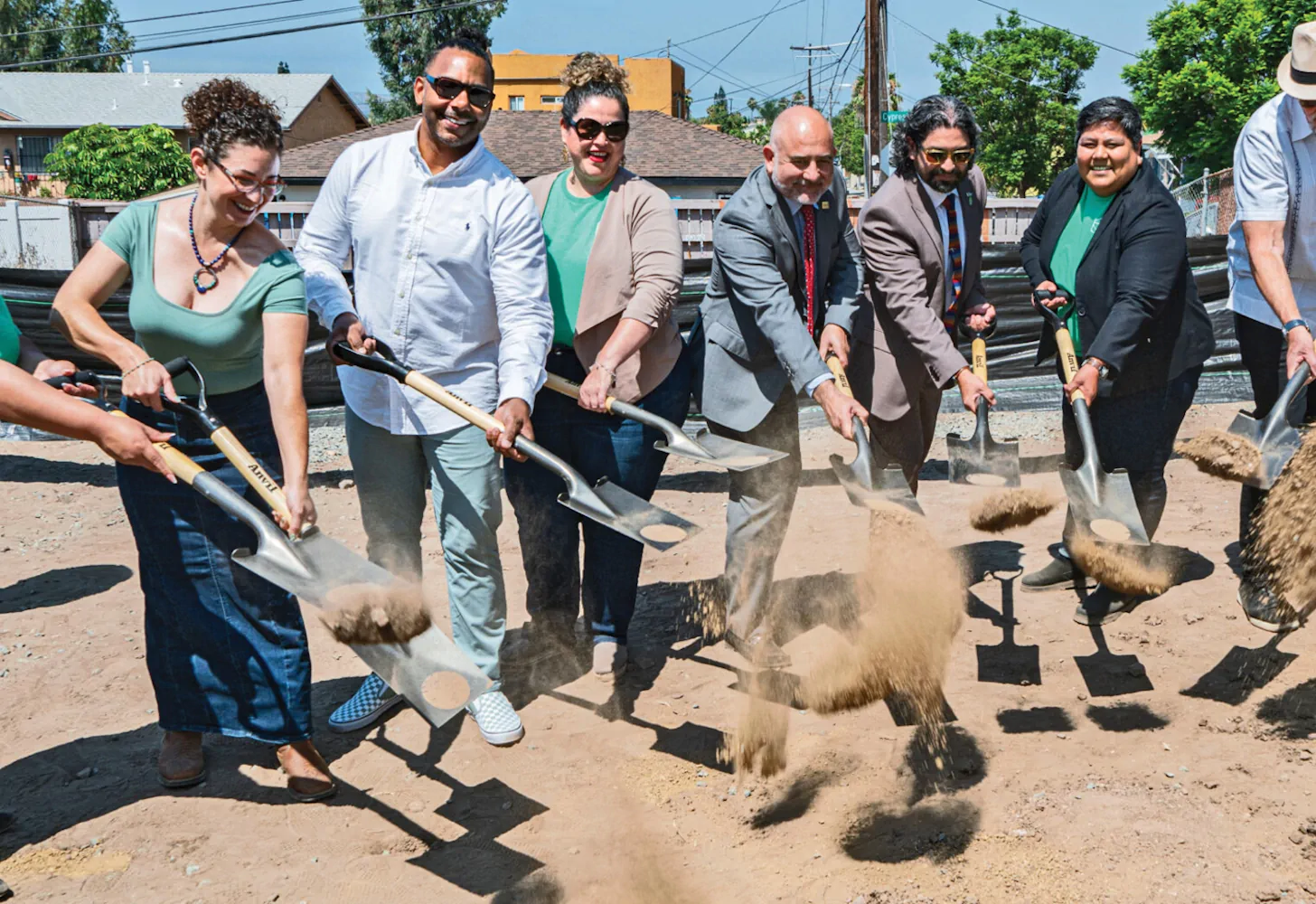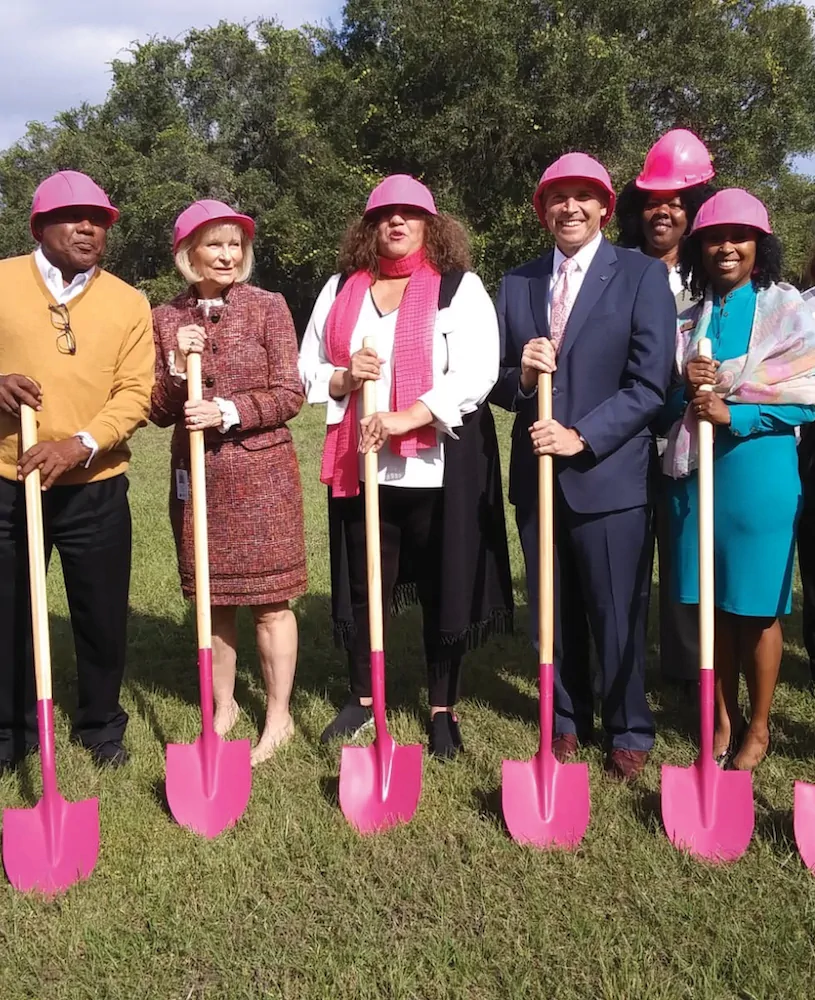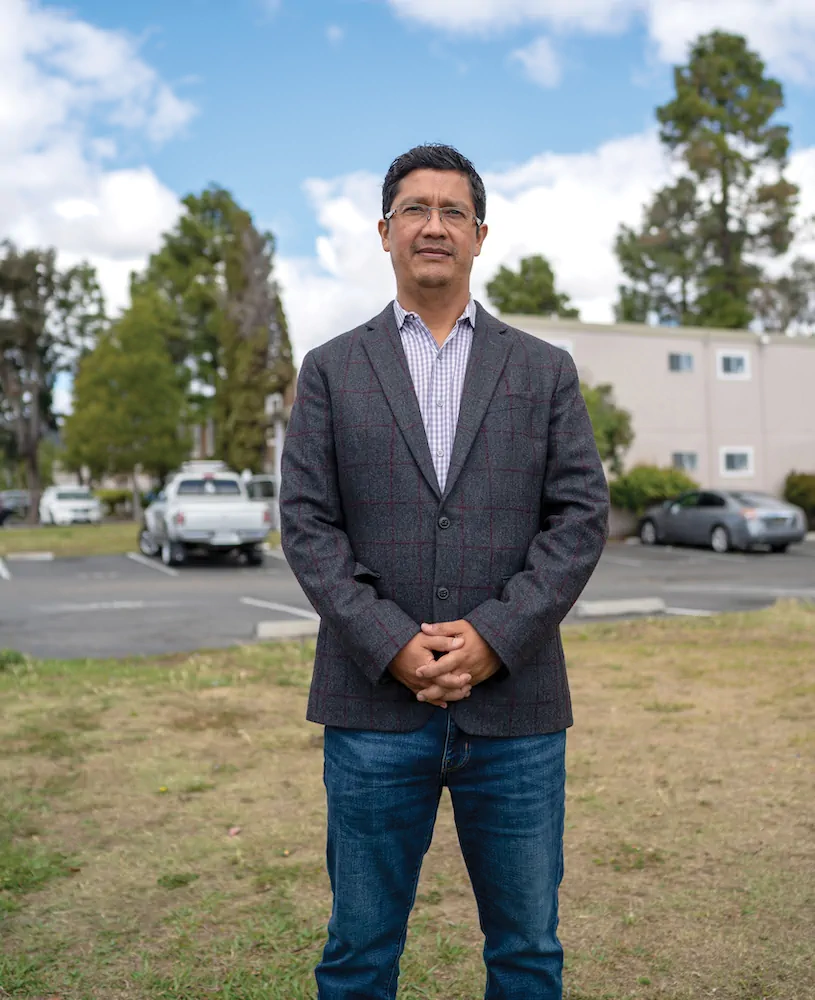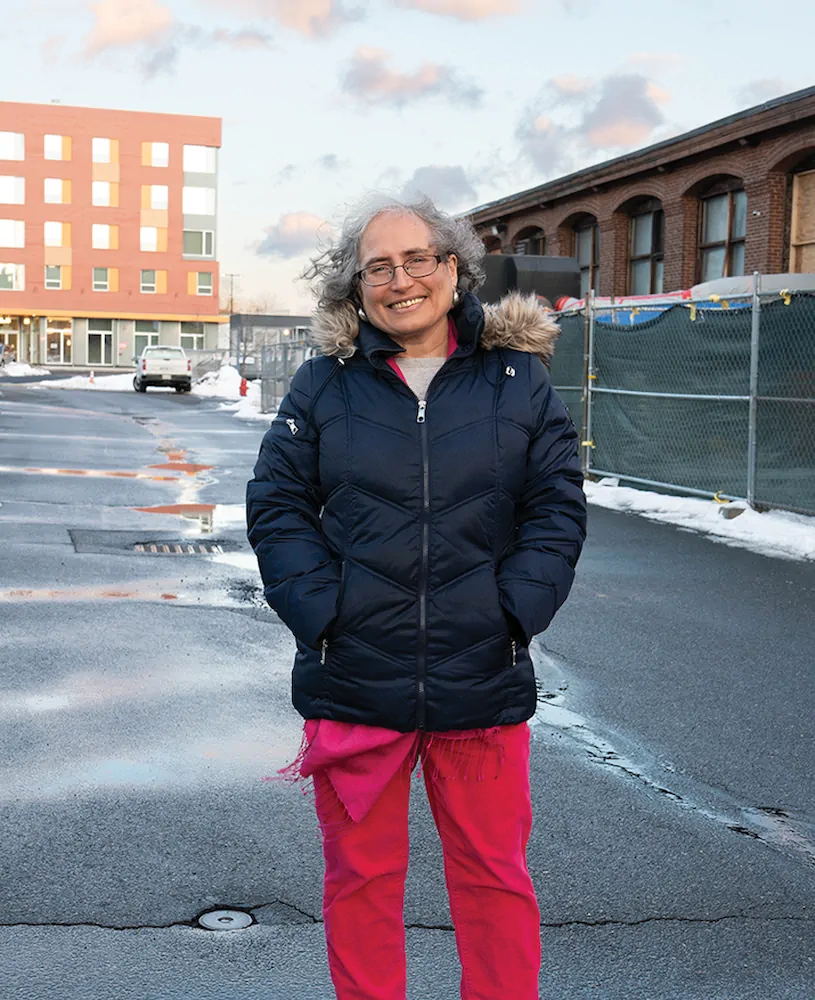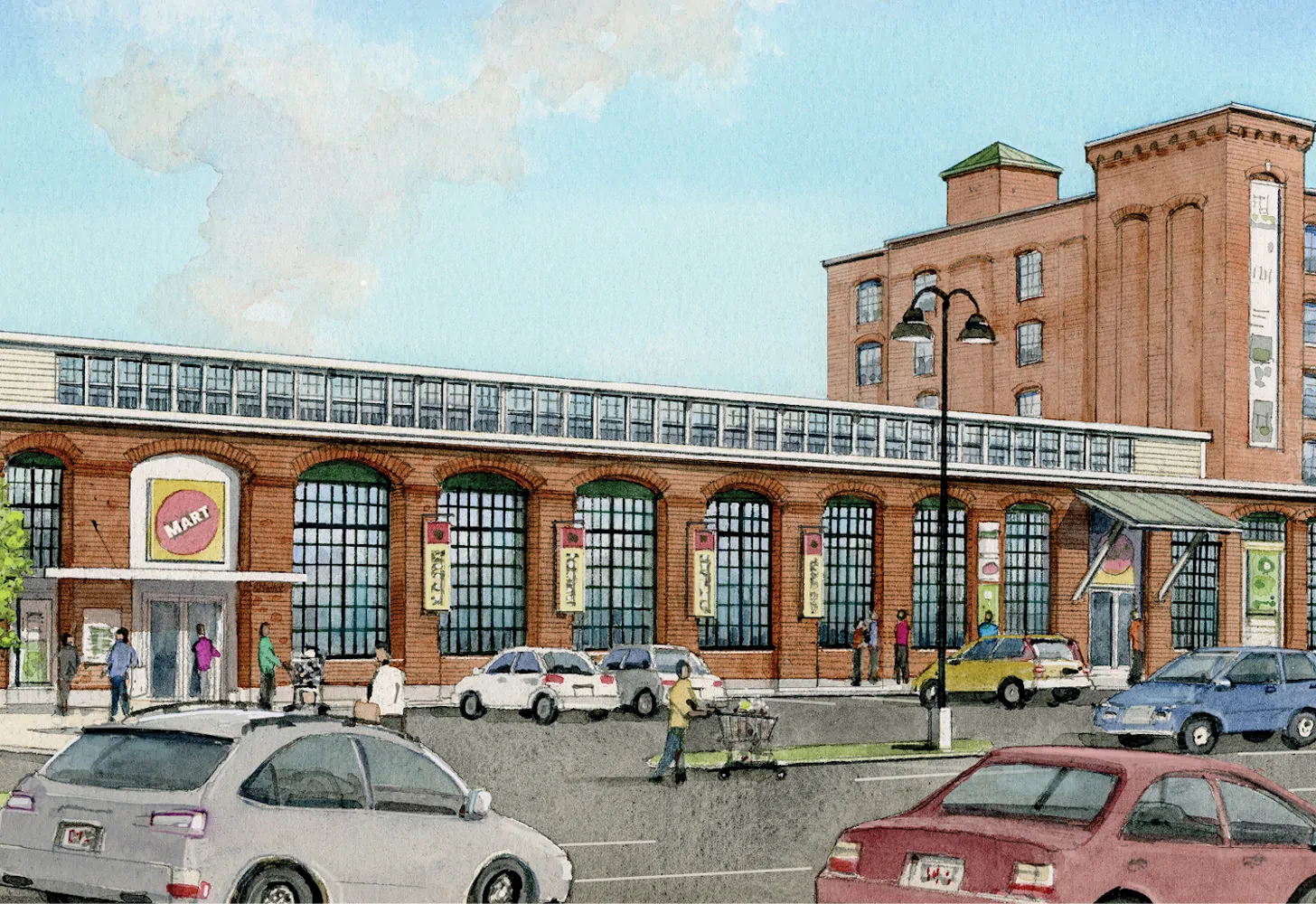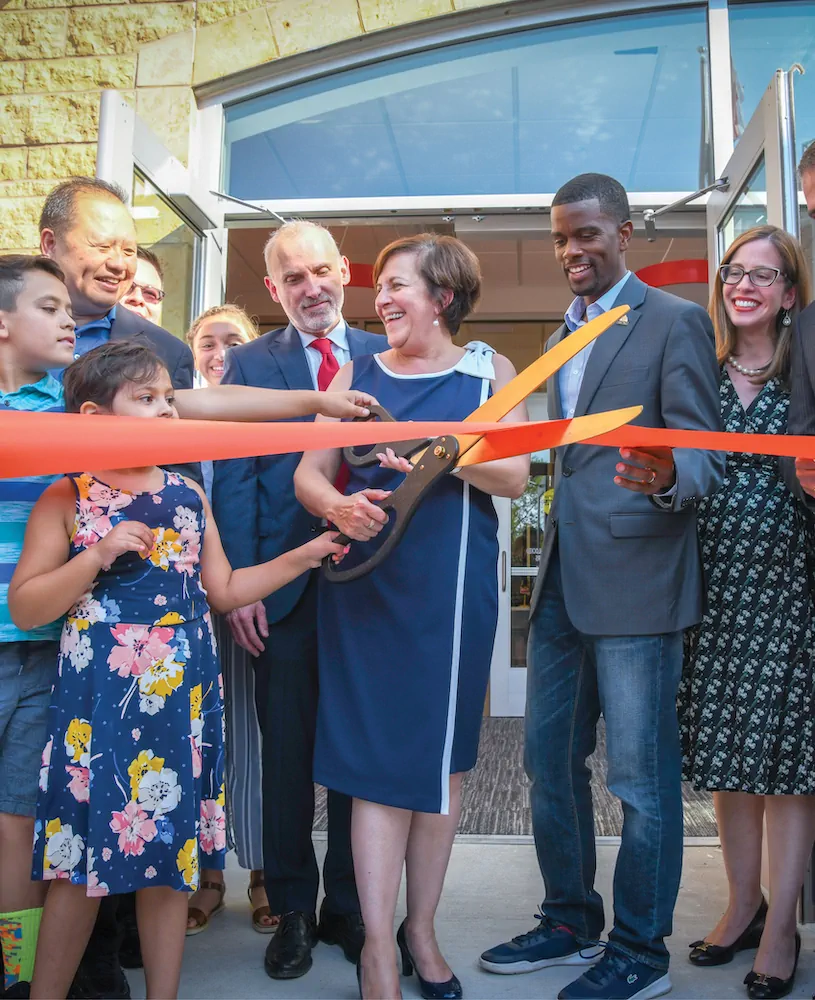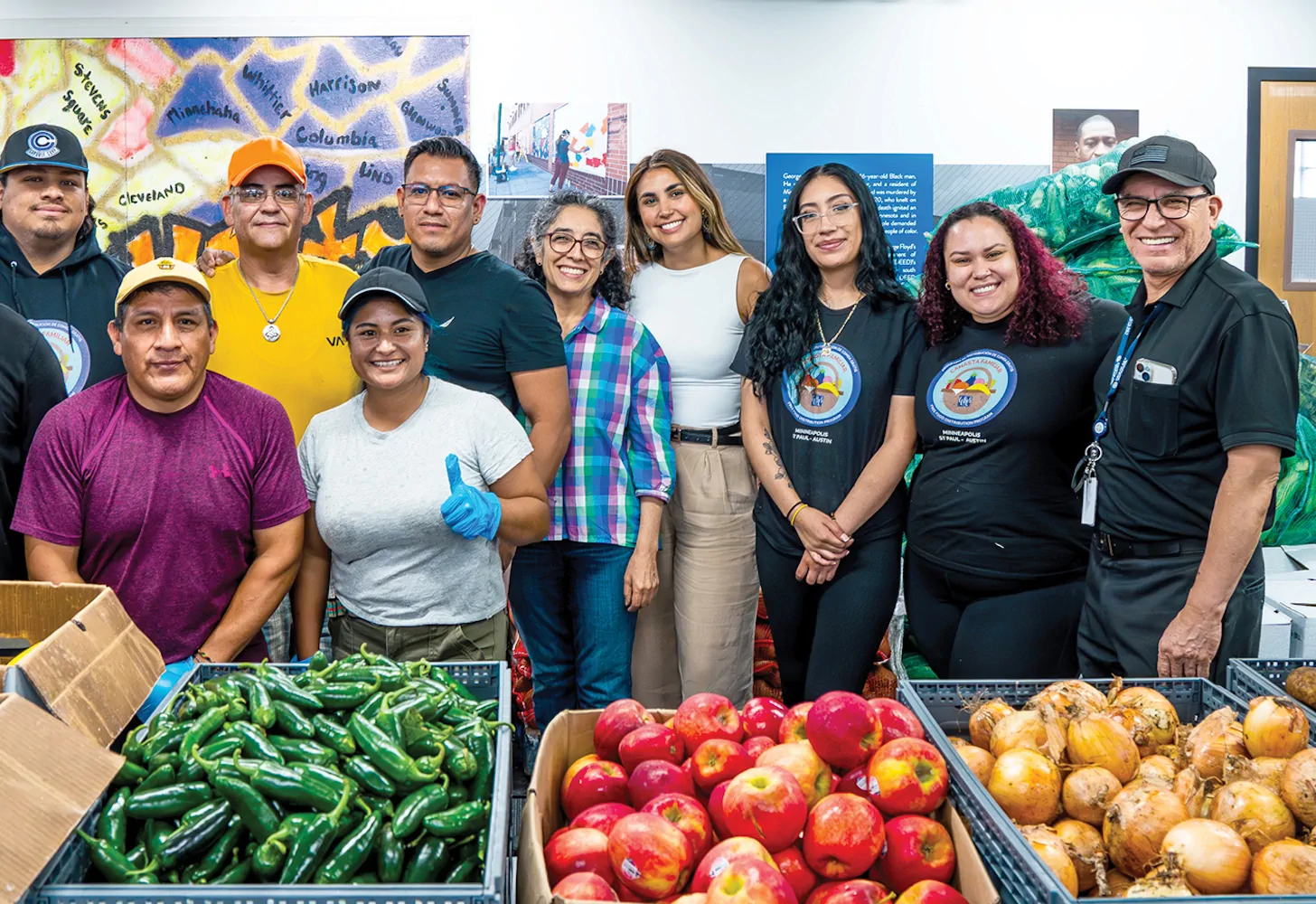When the state of Illinois went two years without passing a budget between 2015 and 2017, it sent shockwaves through the nonprofit sector. Payments for state contracts were delayed—or worse, never arrived. Organizations that depended on state funding were forced to shut down programs, lay off staff, or close their doors entirely.
At Mujeres, we felt the strain immediately. Three separate furlough periods devastated both our services and our team. We had a line of credit from our bank, but it wasn’t enough to cover the growing gaps in funding. We needed help.
So, we reached out to RDF. Understanding exactly what was at stake, they provided us with an additional line of credit—one that became a lifeline. That support gave us the financial stability to keep our programs running. At the time, there were several parent counseling programs in Spanish and English across Chicago. Today, we’re the only one left because we had the resources to survive the storm.
It wasn’t the first time RDF had stood by us. More than 20 years ago, their financing allowed us to purchase and renovate our headquarters in Chicago, giving us the space to deepen our impact.
Looking back, our story is one of resilience and partnership. RDF helped us grow, and when crisis struck, they helped us stay strong.
And that impact has been profound. As the longest-standing Latina-led organization in the country, Mujeres has been a pillar of support for families for more than 50 years. Our work began in 1973, helping runaway youth, many of whom were fleeing homes affected by domestic violence. That mission grew into what we do today—offering crisis support, counseling, therapy and court advocacy for survivors of domestic and sexual violence, along with leaderships workshops to empower Latinas. Over the past five decades, we’ve changed the lives of more than 40,000 women and their families—and we’re still growing.
Looking back, our story is one of resilience and partnership. RDF helped us grow, and when a crisis struck, they helped us stay strong. Mujeres turns 52 this year, and that kind of longevity doesn’t happen without allies. RDF has been a great one.


